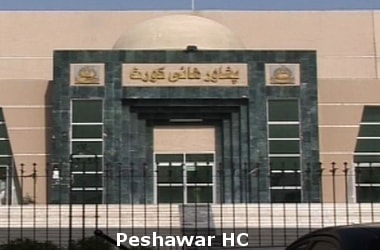
The Peshawar High Court on 22 March 2017 ordered authorities to ensure separate counting of Sikhs in the nation-wide census.
The order came after the community members filed a plea for not being counted among the religions. The court ordered that the section of Sikhism be included in the religion column in the census form.
The first phase of the 6th census had clubbed Sikhs with the Scheduled Castes of the country while separately counting the Muslims, Hindus, Christians and some other groups.
The Sikhs community filed a petition in the high court, which ordered that the section of Sikhism be included in the religion column in the census form.
The high court directed that the implementation of the ruling should be carried out in the second phase of the population census, which would start from 25 April 2017.
Pakistan is holding its first census in 19 years.
The country conducted its last national population census in the year 1998. In the ongoing census in the country, only nine of its estimated 70 languages will be listed, which disappoints many communities.
No regional languages from sparsely populated Gilgit-Baltistan are included in the census form.
However, it is for the first time that around three million registered and unregistered Afghan refugees in the country will also be counted in the census.
It is also for the first time that transgendered citizens will be counted. The ongoing census will be concluded in two phases.
The first phase, which already started on 15 March 2017, will conclude on 15 April 2017. The second phase starts from 25 April 2017 and will conclude on 25 May 2017.
Sikhs in Punjab- Sikhs form a very small community in present-day Pakistan.
- Most of the community members live in the province of Punjab and Peshawar in the Khyber-Pakhtunkhwa province.
- Nankana Sahib, the birthplace of Guru Nanak Dev Ji, is located in Pakistan’s Punjab province.
- Before the partition, significant populations of Sikhs inhabited the largest cities in the Punjab such as Lahore, Rawalpindi and Faisalabad.
- However, post-partition, the minority Hindu and Sikh migrated to India.
- In the decades following Pakistan’s independence in 1947, the Sikh community began to re-organise, forming the Pakistan Sikh Gurdwara Prabandhak Committee (PGPC) to represent the community in Pakistan.